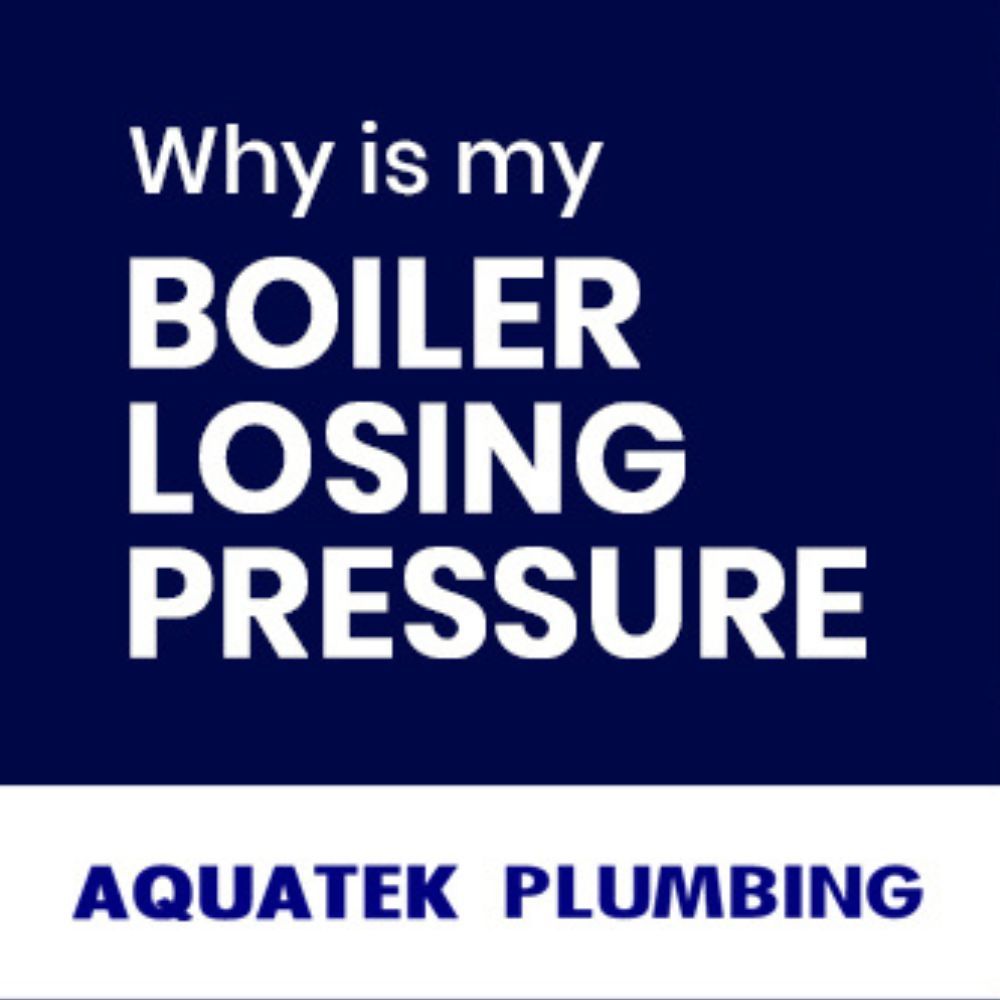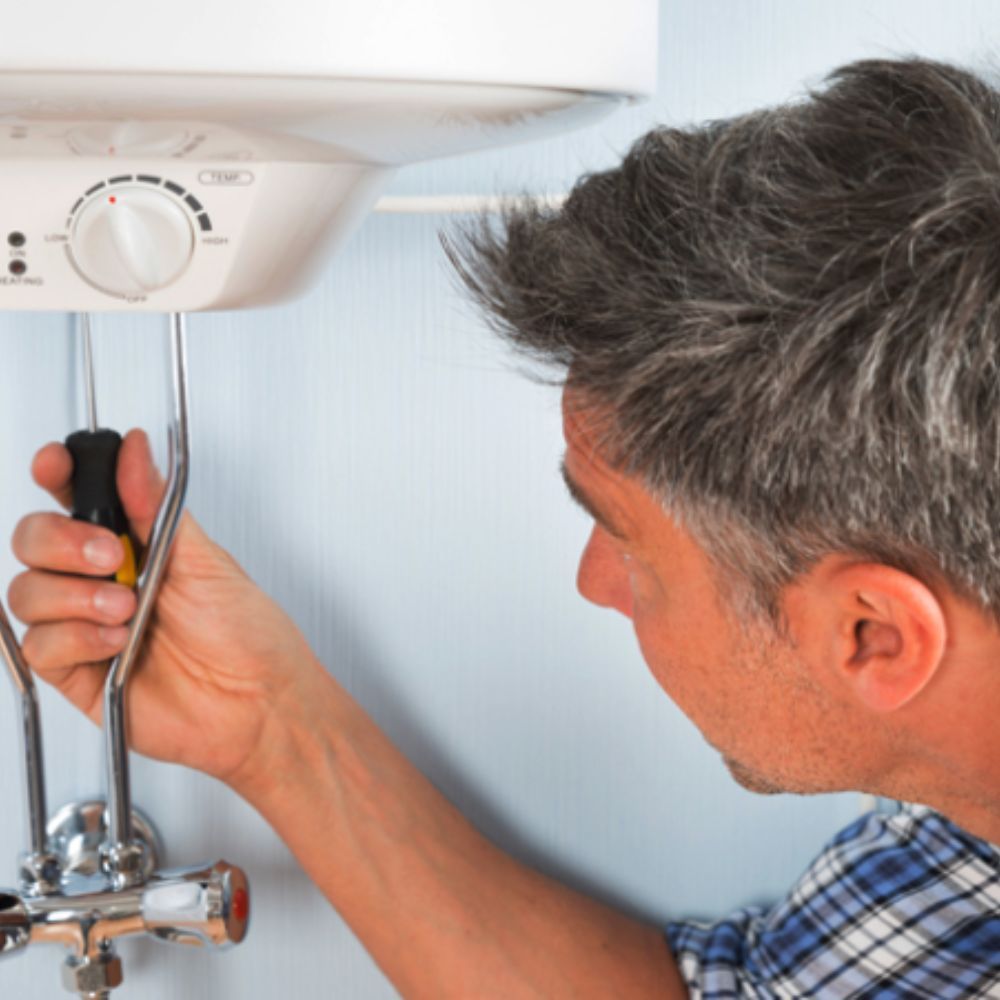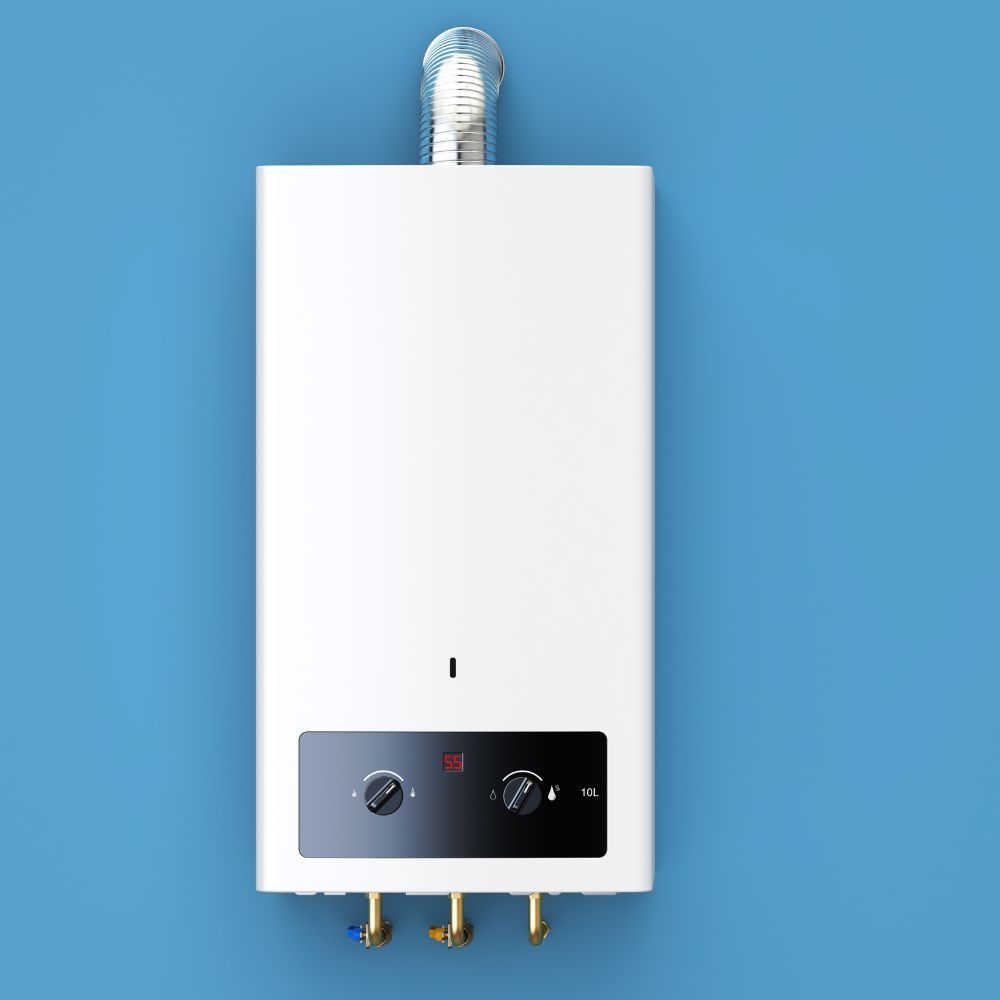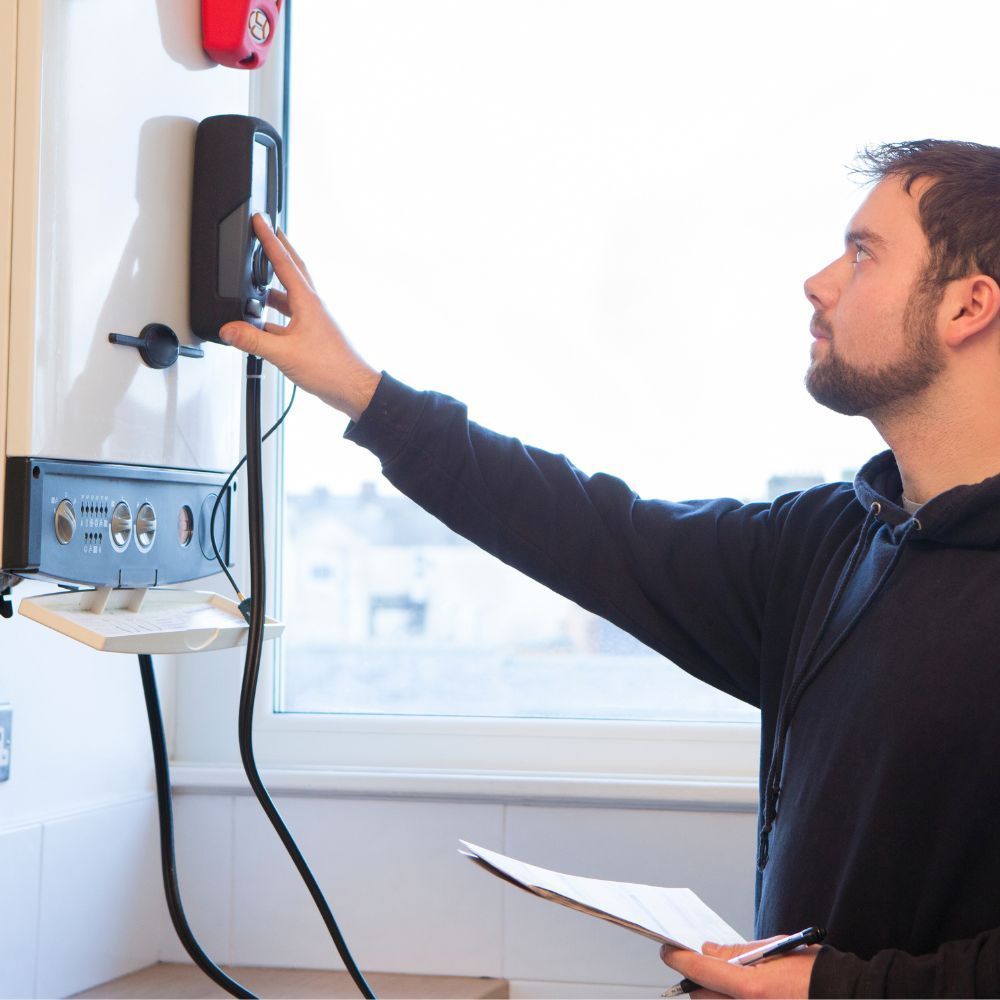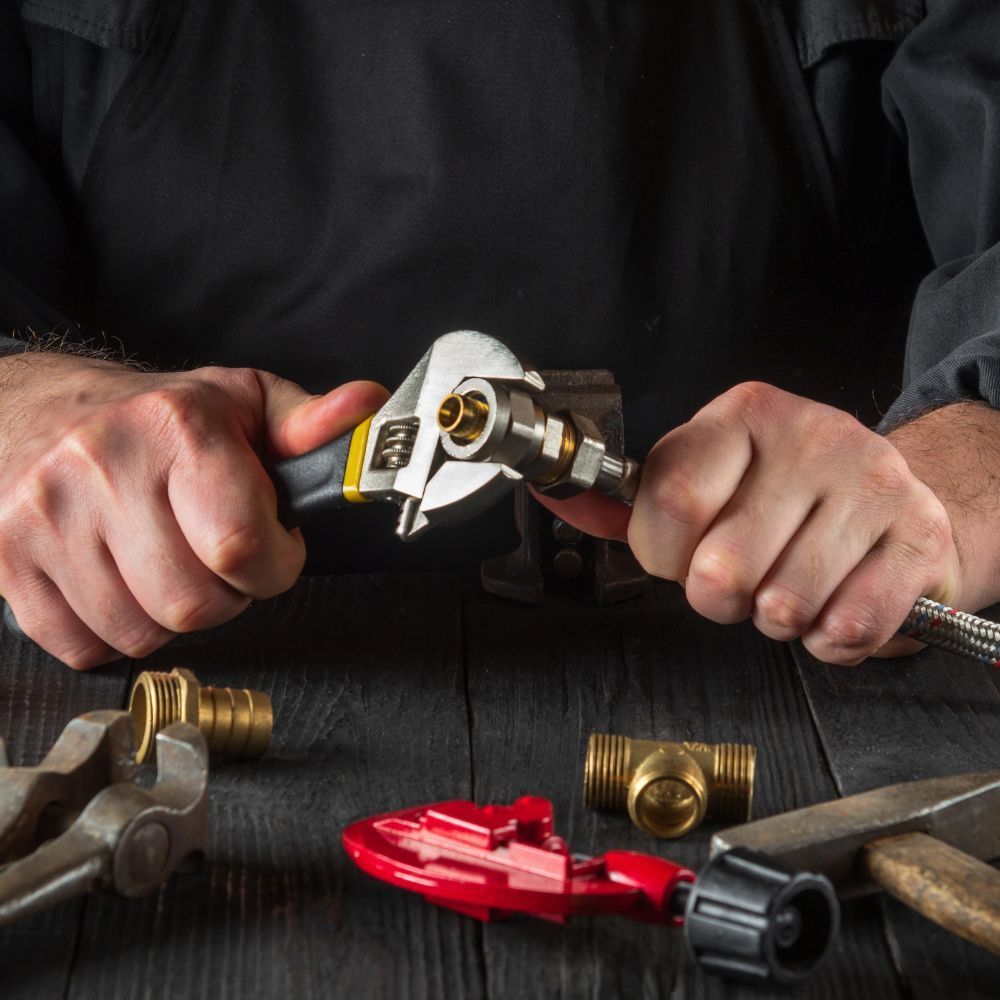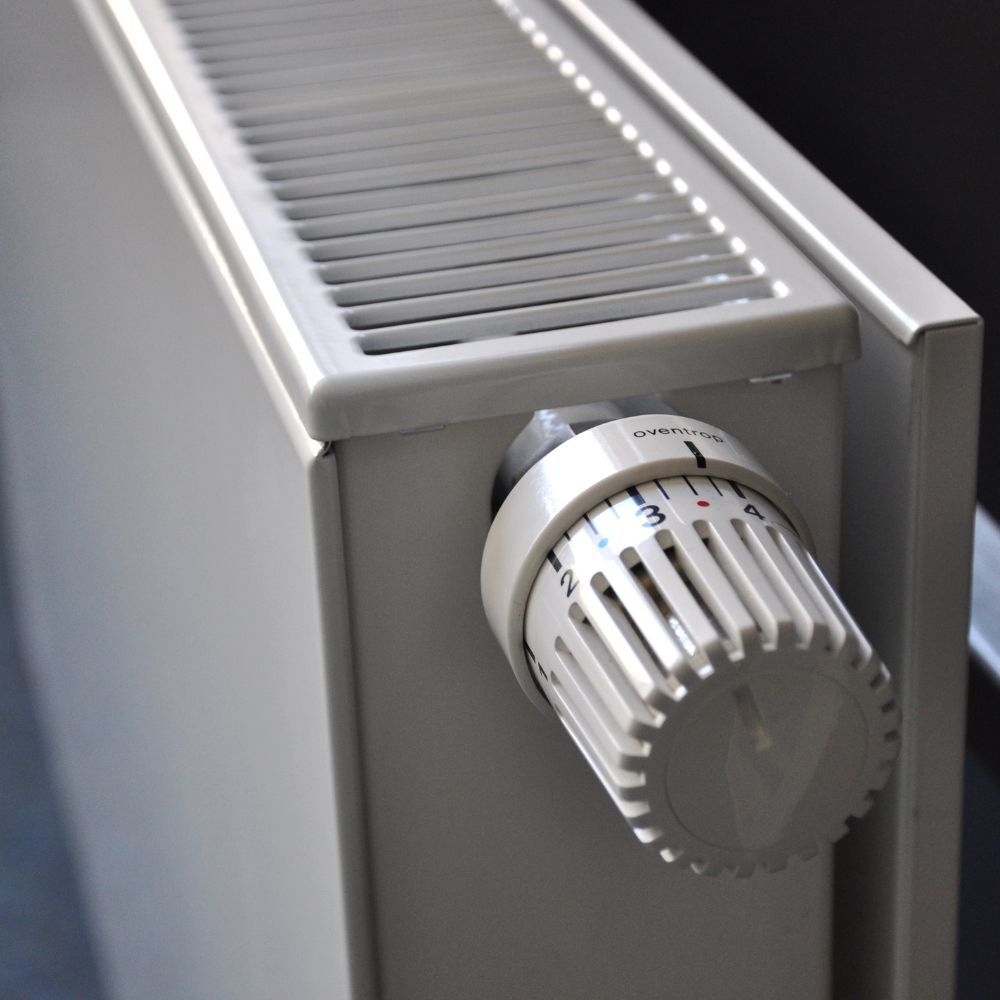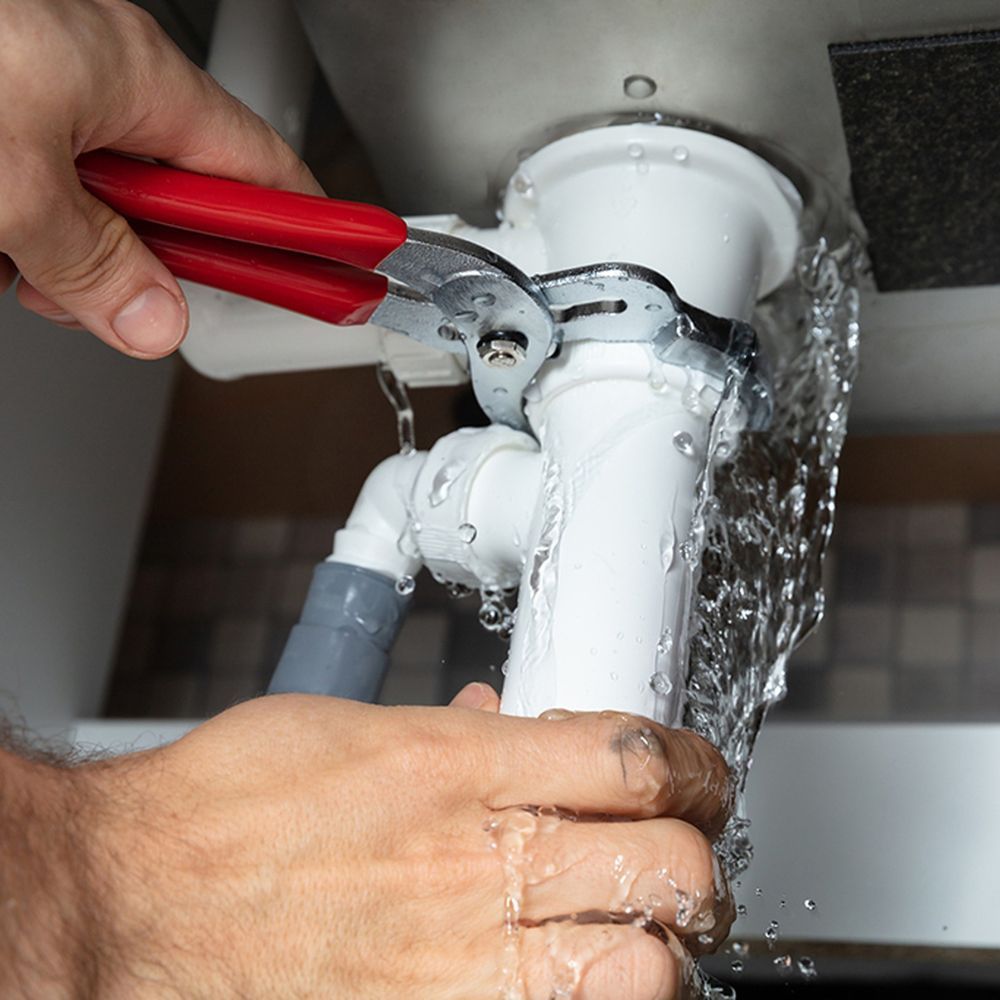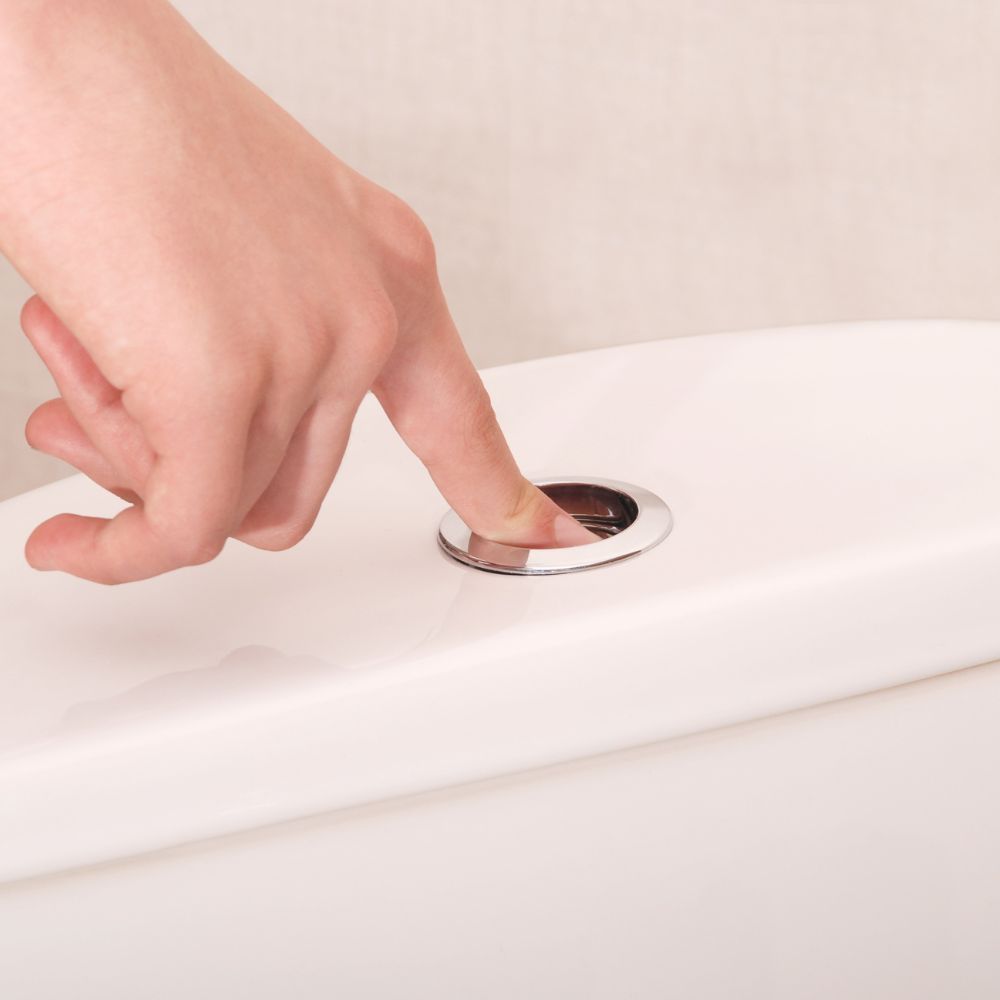How Much Does a New Boiler Cost?
As homeowners enter the year 2024, the question of cost looms large when considering essential home enhancements.
Perhaps few appliances dictate the comfort of your household quite like a trusty boiler, a silent sentinel against the chill of the winter months. Yet, with rising technology standards and fluctuating market prices, determining the cost of a new boiler installation has become an exercise in navigating a sea of variables.
In this blog, we’ll delve into the factors affecting boiler prices in 2024, providing you with a comprehensive guide to understanding the financial investment needed for that warm peace of mind.
To fully explore the all-important question of boiler installation costs or even boiler replacement cost, it’s important to understand the different types of boiler available so you can consider the merits and suitability of each as well as how they could impact your energy bills.
What Types of Boiler Are There?
Boilers are not one-size-fits-all, and homeowners are met with several options when it comes to getting a new boiler installed. From the conventional heat-only boilers to more modern combi and system boilers, each type comes with distinct features catering to specific household needs and lifestyles.
Conventional boilers are excellent for homes with multiple bathrooms, where simultaneous demand for hot water is common, while combi boilers might be a perfect fit for smaller households with limited space and a lower hot water requirement. System boilers, similarly, offer a middle ground with their ability to work with sealed heating systems.
This section will give a comprehensive overview of each boiler type, helping you weigh the pros and cons, so you can make an informed decision that aligns with your home’s heating demands and optimises your energy expenditure.
- Combi boiler
- Condensing boiler
- System boiler
- Regular boiler
- Gas boiler
- Electric boiler
Combi boiler
A combi or combination boiler is a compact, all-in-one unit that combines the functions of a central heating boiler and a hot water heater. This type of boiler is highly popular in smaller homes and apartments due to its space-saving design and energy efficiency.
Advantages of Combi Boiler
- Compact size makes it ideal for small homes with limited space.
- Eliminates the need for a hot water cylinder and storage tanks, freeing up more space.
- Provides instantaneous hot water on demand, eliminating the need to wait for hot water to heat up.
- Highly energy efficient as there is no need to heat and store large amounts of water.
- Can be powered by various fuel sources such as natural gas, LPG, or electricity.
- Combi boiler installation can be quick and easy, resulting in lower installation costs.
- Can be controlled with smart technology for improved energy management.
Disadvantages of Combi Boiler
- May not be suitable for larger homes with multiple bathrooms and high hot water demand.
- If the boiler breaks down, there will be no hot water or heating until it is fixed.
- May not be compatible with older central heating systems.
- Water pressure may vary depending on the number of hot water outlets being used at the same time.
Combi boiler costs
Combi boiler cost can vary based on factors such as the model, type of system, and installation. For instance, a budget-friendly combi boiler typically falls within the range of £600 to £900, for a middle-tier option the cost could be between £900 and £1,200.
On the other hand, a larger, premium combi boiler can range from £500 to £3,000 before factoring in labour expenses.
Conventional boiler
A conventional boiler, also known as a regular or heat-only boiler, is typically found in older homes with open vent heating systems. This type of system includes a hot water cylinder and header tanks that store and distribute hot water to taps and radiators.
Advantages of Conventional boiler
- Ideal for larger homes with multiple bathrooms and high hot water demand.
- Can provide hot water to multiple outlets simultaneously.
- Can be integrated with renewable energy sources such as solar panels.
- Compatible with older central heating systems
Disadvantages of Conventional boiler
- Takes up more space compared to a combi or system boiler.
- Higher installation and maintenance costs due to the additional components required.
- Heat loss from the hot water cylinder can result in higher energy bills.
Conventional boiler costs
The cost of a new conventional boiler can range from £1,800 to £3,200 depending on the size and brand. Installation costs may also vary based on factors such as the location of the boiler and any additional work needed to accommodate the system.
System boiler
A system boiler , also known as a sealed system boiler, works similarly to a conventional boiler but eliminates the need for a cold water tank. This type of system is often recommended for homes with high hot water demand and no space for a water tank, this could be due to limited loft space or the desire to convert a loft into a living space in the future.
Advantages of System boiler
- Can provide hot water to multiple outlets simultaneously.
- Does not require a separate cold water storage tank, reducing boiler installation cost.
- Compatible with renewable energy sources.
- Can be a more energy-efficient option than a conventional boiler, as water is heated and stored in an insulated cylinder.
Disadvantages of System boiler
- Takes up more space than a combi boiler.
- Can be more expensive to install compared to a combi boiler.
- Water pressure may vary depending on the number of hot water outlets being used at the same time.
System boiler costs
System boiler costs are generally very similar to conventional boiler costs, ranging from £1,400 to £2,900 depending on the brand and size. Installation costs may also vary based on factors such as the location of the boiler and any additional work needed.
Electric boilers
Unlike a gas boiler, an electric boiler does not require a flue or pipework, making it an attractive option for homes without access to a gas supply. These boilers use electricity to heat water and are often seen as a more environmentally friendly alternative.
Advantages of Electric boilers
- Does not require a gas supply, making it suitable for homes without access to gas.
- Compact size makes them easy to install and ideal for small properties.
- Energy efficient as they only heat the water required, reducing waste.
- Can be used in conjunction with solar panels for added energy efficiency.
Disadvantages of Electric boilers
- Higher running costs compared to gas boilers.
- May not be suitable for larger homes with high hot water demand.
- Installation costs may be higher due to additional electrical work needed.
- Power cuts can affect the boiler’s performance and result in no hot water or heating.
Electric boiler costs
The cost of an electric boiler can vary from £500 to £2,500, depending on the brand and size. Installation costs are generally higher for electric boilers, and could range from £500 to £1,500.
General factors that affect boiler costs
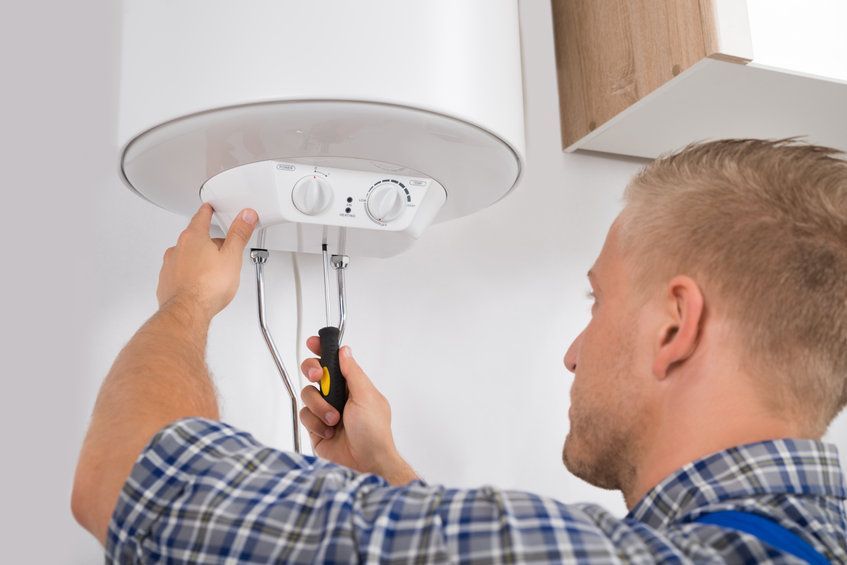
The reason why it is difficult to give a solid price when it comes to new boiler cost is that there are many different factors and variable rates that can influence the final price you will pay.
This can include:
- Installation costs
- Labour costs
- Necessary upgrades to facilitate the system you choose
- The type of home you have (detached, terraced etc)
- How many bedrooms and bathrooms you have
- Your geographic location
- The brand and quality of the boiler
- The length of the warranty
- Wireless or wired heating controls
- Removal of old parts and large components (tanks)
Overall, the cost of a boiler will primarily depend on the type and size of the system you choose, followed by any necessary additional work required for installation. It is always recommended to get multiple quotes from reputable installers to ensure you are getting the best price for your specific needs and budget. Additionally, investing in regular maintenance and servicing can help extend the lifespan of your boiler and potentially save you money in the long run. So, be sure to consider these factors when making a decision on which boiler is right for your home.
Boiler replacement costs
So far, we’ve looked mainly at new boiler costs i.e a like-for-like swap or a first time boiler installation. But what if you want to change or upgrade your system? Let’s say that when looking at a replacement boiler, you decide to go from a conventional boiler to a combi instead.
This will often come with additional fees as the complexity of removing an old system and replacing it with a new boiler will require more work.
Below is a list of some of the most commonly performed boiler installation tasks and their average associated costs:
- Standard combi boiler replacement – £2,250
- Standard system boiler replacement – £2,300
- Convert from system to combi – £2,699
- New boiler installation with no existing boiler – £2,875
- Convert from back boiler to combi -£3,499
Conversions can be complex, there is plenty of intricate work and rewiring to look at, however, if you are keen to upgrade instead, then this is exactly what you will be paying for in simple terms:
- The removal of your old boiler and water cylinder
- Upgraded pipework, which may need to be rerouted and fed back through the existing system.
- The installation of the new boiler itself.
- The labour of one to two days of work.
When you are converting to a combi boiler, you will need to ensure that you choose the right size and the correct power for your needs. It must be able to meet demands to all areas of function; such as three bathrooms in use at once. The sizing may also depend on this too.
What is a back boiler and do I need to replace it?
Back boilers became popular in 1966 with the launch of the original Baxi Bermuda so if your home dates to that time or just after, then you may find one in your home.
Since 2005, it has been illegal to replace or install back boilers due to their non-compliance to modern safety standards. Removing a back boiler can be a complex task and therefore will come with higher cost attached.
The entire heating system will be completely removed, including the old pipe systems. Although this may involve some labour costs and challenges in accessing these pipes, it is certainly a feasible task.
If you’re unsure about replacing your back boiler with a new model, here are compelling reasons to embrace the future and let go of the past:
- They can’t be repaired anymore if they break down.
- You will be paying less in energy costs.
- You will dramatically slash your carbon footprint
- You will have your hot water on demand
- Your home will be safer and modern inline with new safety regulations
- It will increase property price
Different boiler models and boiler prices
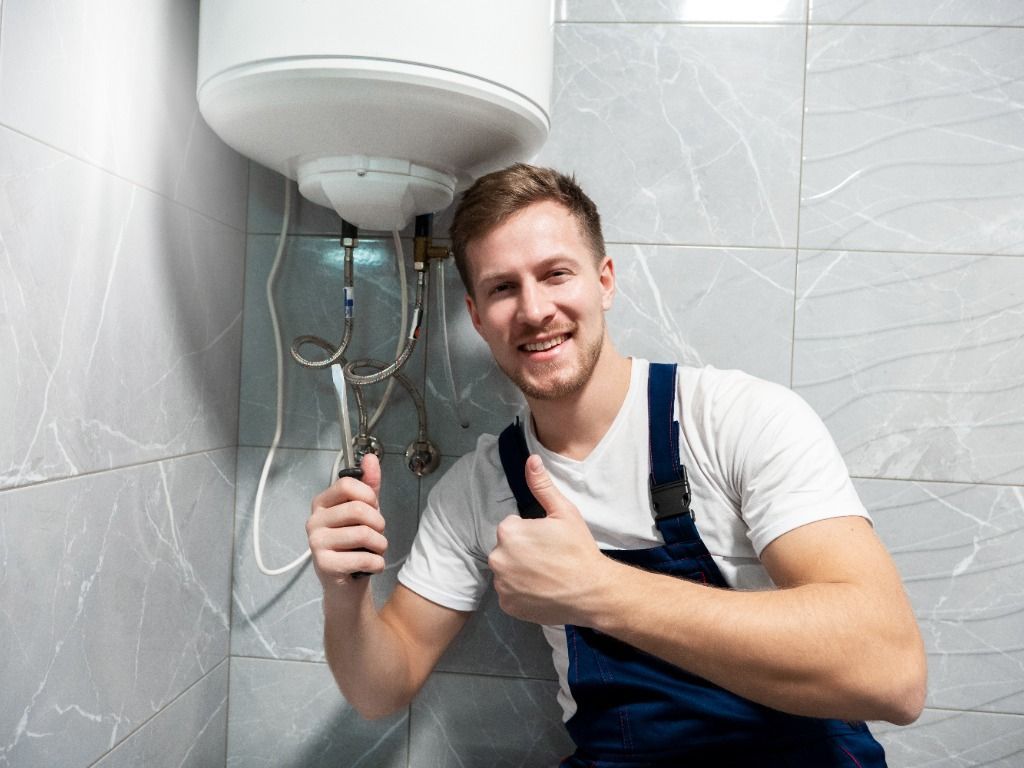
When you’re looking to choose the right boiler manufacturer you may want to look at the intricacies of what they offer. We are approved installers for all of the mentioned boilers below, and it’s good to know that there are minor differences between them all.
All of these boilers come with a seven year warranty as standard but it’s important to note that a lot of combi boilers last very well up to fifteen years without any repairs or part replacements.
- Vaillant ecoFIT PURE 825 combination boiler = £1890 | 7 year warranty .
- Vaillant ecoFIT PURE 830 combination boiler = £1990 | 7 year warranty .
- Vaillant ecoFIT PURE 835 combination boiler = £2150 | 7 year warranty .
- Glow Worm energy 25kw combination boiler = £1790 | 7 year warranty .
- Glow Worm energy 30kw combination boiler = £1890 | 7 year warrant y.
- Glow Worm energy 35kw combination boiler = £2050 | 7 year warranty .
Already you can see a jump in price from the Vaillant ecoFIT PURE 825 and the Vaillant ecoFIT PURE 835. This is down to some small factors that greatly affect the price. For example, the 825 model has a central heating max output of 25kW, whereas the 325 model has a max output of 35kW and with a higher flow rate of 14.4 l/hr. So it takes the efficiency level up a notch as well as the max output.
Again with the Glow Worm you can see the most expensive boiler is a 35kW output. Now this won’t greatly affect the heat of your home if you choose the model with a lower output but if you have higher ceilings or a bigger home, you may need extra energy to heat it all evenly.
5 things that govern the cost of a new boiler
- The actual cost of the boiler – as we talked about, the higher the kW and energy outputs, the more expensive as well as the flow rate and size. This will be on average around £1500 but can reach up to £2500.
- The labour – the type of job and the placement of your boiler and any rewiring and labour associated is going to up the price and cost anything up to £1500 for the most complex installations. This may include the relocation of your boiler.
- Vertical flue cost – every heating system uses flues, and what the flue does is run from the inside of your home to the outside, to release the condensation. You’ve likely seen them on other people’s homes. When it’s chilly out, a huge flow of condensation is released. This costs anything upwards of £300 but no more than £650.
- Plume kit – this is an extension that is used on the boiler to ensure that your flue is not too close to any neighbours, if you live in a smaller neighbourhood or a courtyard or where your outdoor space is limited, this will have to be used, by law to comply with the Gas Safe Regulations. This costs around £130.
- Warranty costs – you may want to take an extended warranty beyond the seven years granted.
FAQ
How do I know if I need a new boiler?
There are several signs that indicate you may need a new boiler, including:
- Constant breakdowns and repairs
- Inefficient heating and high energy bills
- Age of your current boiler (typically over 10 years old)
- Strange noises or smells coming from the boiler
- Visible damage or rust on the boiler
If you experience any of these issues with your current boiler, it may be time to consider a replacement.
How do I choose the right size boiler for my home?
Choosing the correct size and power of your new boiler will depend on several factors, such as the number of bathrooms in your home, the size of your property, and your heating demands. It is recommended to consult with a qualified heating engineer to determine the appropriate.
How often should I service my boiler?
It is recommended to have your boiler serviced annually, especially for older boilers that are more prone to faults and breakdowns. Regular servicing can help identify any potential issues and keep your boiler running efficiently.
Can I choose a different manufacturer for my replacement boiler?
Yes, you can choose a different manufacturer for your replacement boiler. However, it’s important to note that not all manufacturers are compatible with each other and may require additional modifications or costs.
How long does it take to install a new combi boiler?
On average, the installation of a new combi boiler can take between 1 to 2 days depending on the complexity of the job. However, this can vary depending on the specific circumstances of each home.
Do I need to replace my hot water cylinder when installing a combi boiler?
In most cases, a hot water cylinder is not needed with a combi boiler as it provides hot water on demand. However, if you have high demands for hot water or multiple bathrooms in your home, then a hot water cylinder may be necessary. It’s best to consult with a professional installer to determine your specific needs.
Conclusion
In conclusion, whether you’re considering a standard combi boiler replacement, a conversion from a traditional system to a modern combi boiler, or undertaking the more complex task of removing an outdated back boiler, it’s clear that the benefits outweigh the costs.
Investing in a new boiler installation not only elevates your home’s efficiency and safety, but also contributes to a substantial reduction in energy costs and a lower carbon footprint. The array of boiler options from reputable manufacturers such as Vaillant ecoFIT and Glow Worm energy series ensures you have access to advanced heating technology backed by extensive warranties, driving home the importance of choosing a boiler that aligns with your home’s heating requirements.
Furthermore, while facing the initial expenses of the boiler price, upgraded pipework, labour costs, and additional features like plume kits and vertical flues, homeowners can also take comfort in the added value to their property price.
The strategic decision to upgrade your heating system is not just about meeting Gas Safe Regulations; it’s an investment in a warmer, more energy-efficient, and safe future for your home. Remember, the right boiler size and power are paramount for optimal functionality, especially in homes with multiple bathrooms or larger spaces. By keeping these considerations in mind, you can make an informed choice that will bring lasting comfort and efficiency to your home.
